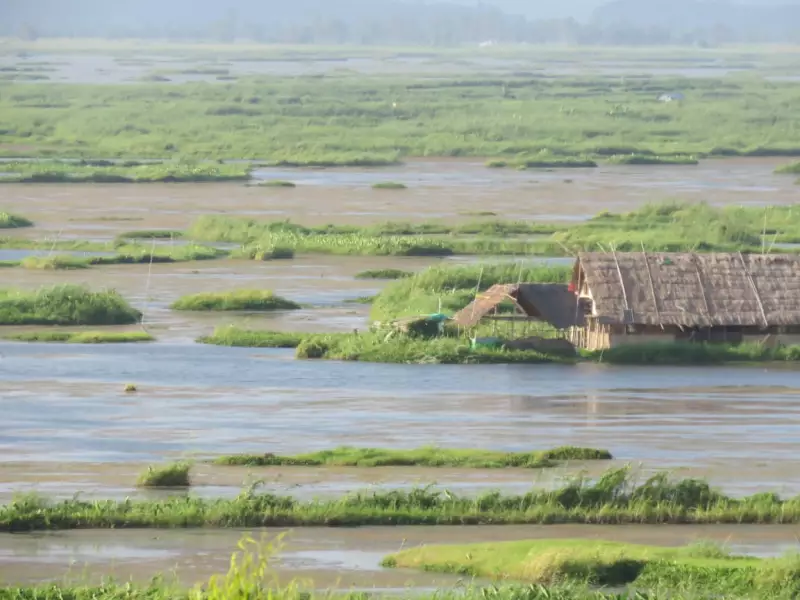
A startling new study from Nagaland University has sounded the alarm on the deteriorating health of Manipur's iconic Loktak Lake, raising serious environmental concerns for one of Northeast India's most vital water bodies.
The comprehensive research reveals that the lake's water quality has been steadily declining, with scientists pointing to multiple contributing factors that threaten this ecologically significant Ramsar site.
The Silent Crisis Unfolding in Manipur's Crown Jewel
Loktak Lake, often called the "lifeline of Manipur," is facing an invisible but dangerous threat beneath its picturesque floating islands. The study documents disturbing changes in water parameters that indicate significant environmental stress.
Key findings from the research include:
- Alarming changes in pH levels and dissolved oxygen content
- Increased presence of harmful pollutants and contaminants
- Evidence of chemical imbalances affecting aquatic life
- Significant deterioration in water clarity and purity
What's Causing the Damage?
Researchers attribute the lake's declining health to a combination of human activities and environmental pressures. Agricultural runoff, untreated sewage discharge, and increasing human settlement around the lake are creating a perfect storm of contamination.
The famous phumdis (flating islands), once the lake's unique characteristic, are now struggling to survive in the changing water conditions, threatening the habitat of the endangered Sangai deer and numerous bird species.
Why This Matters Beyond Manipur
Loktak Lake isn't just a local treasure—it's an ecological hotspot of national importance. The lake supports thousands of fisherfolk communities, sustains rich biodiversity, and plays a crucial role in maintaining the region's ecological balance.
The Nagaland University study serves as a crucial wake-up call for environmental authorities and policymakers. Without immediate intervention, the damage could become irreversible, affecting not just the environment but the livelihoods of countless people who depend on the lake.
This research underscores the urgent need for comprehensive conservation strategies to protect Loktak Lake before it's too late.





